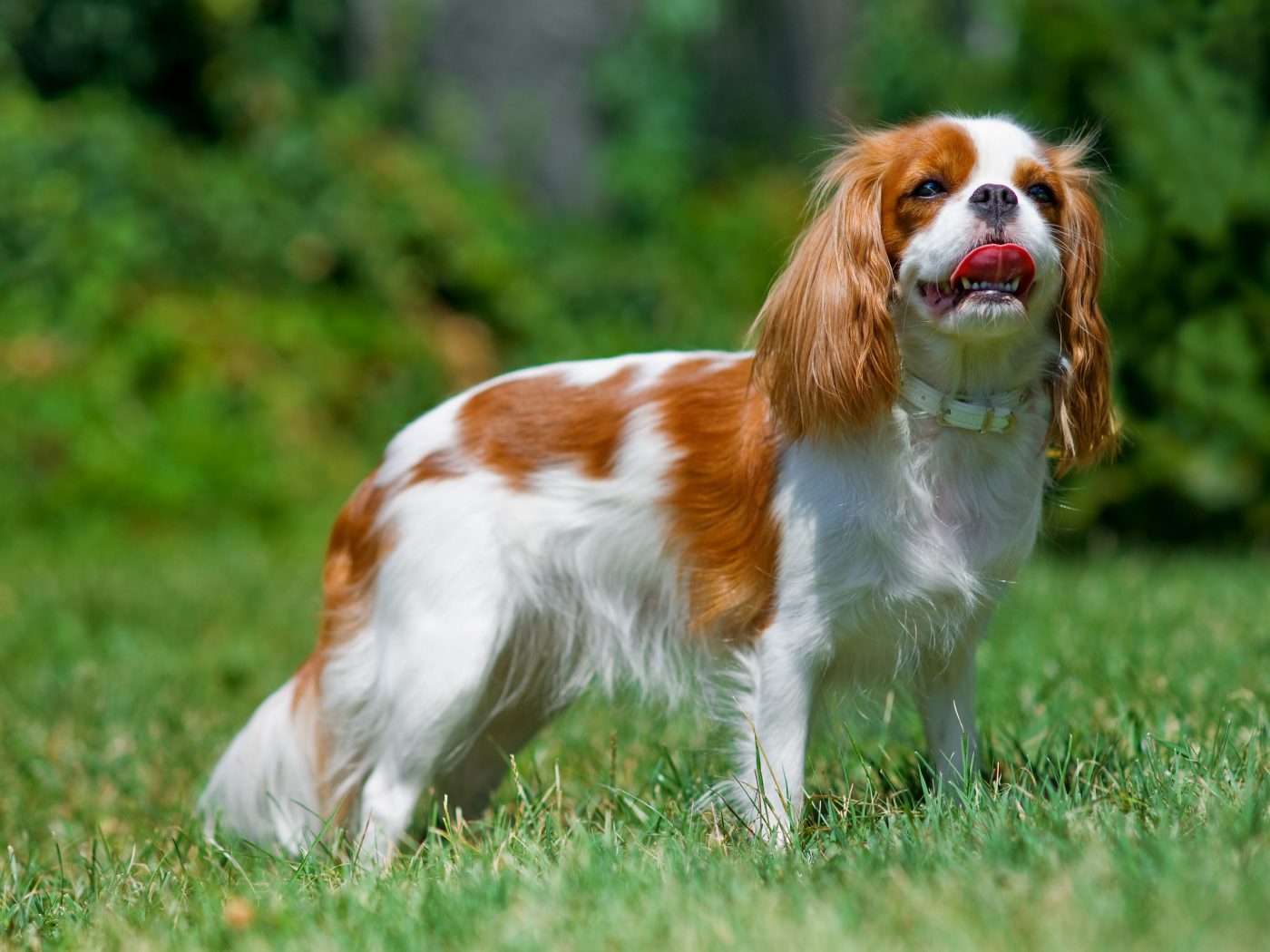 Shutterstock
Shutterstock
In the world of canine companions, a breed’s temperament and vocalization can greatly influence household dynamics. While some dog owners appreciate their pets’ protective barks and lively chatter, others may prefer a quieter companion that matches the calm of their home. For those living in apartments, with close neighbors, or simply seeking a more tranquil environment, choosing a breed that naturally tends to be quieter can be a blessing. These quiet breeds bring peace and possess unique traits that make them wonderful companions in their own right.
Basenji
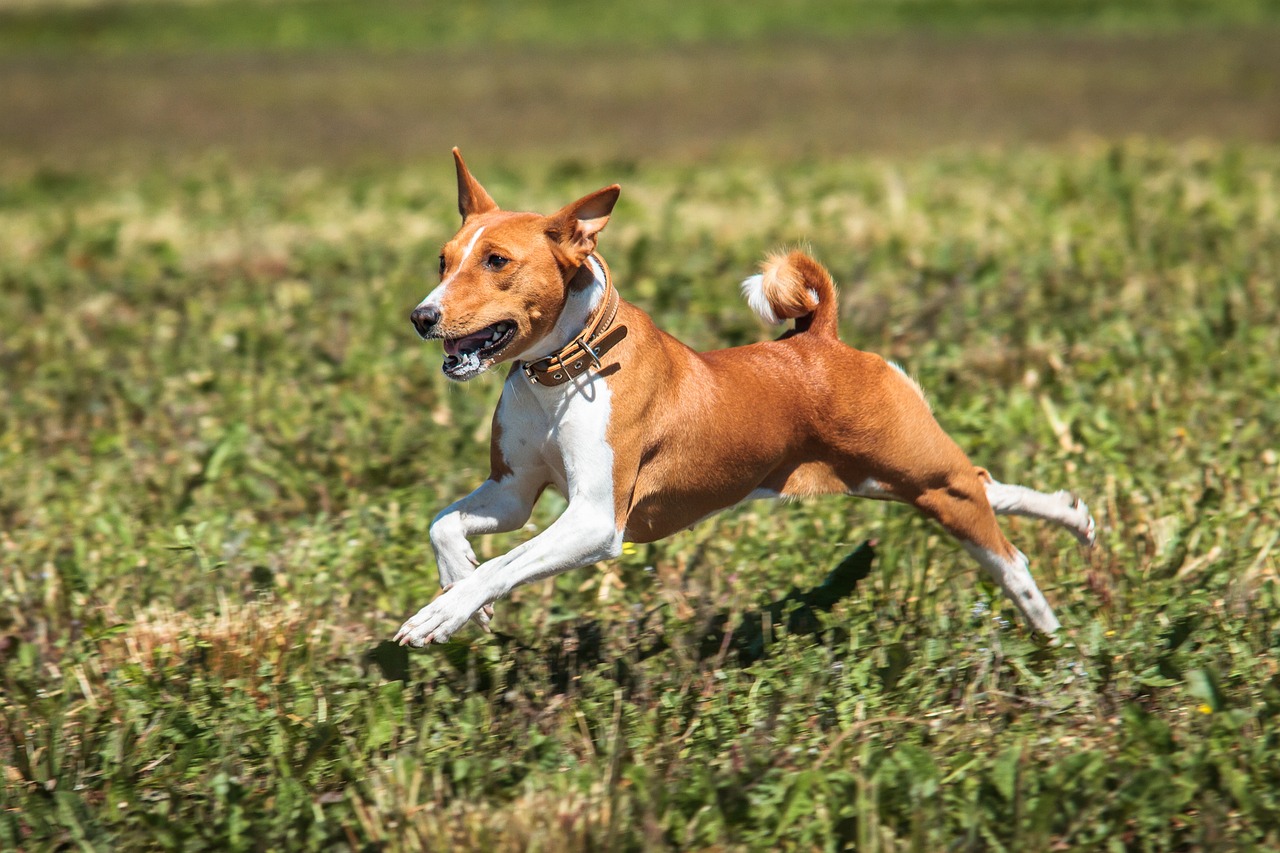 Shutterstock
Shutterstock
The Basenji, famously known as the “barkless dog,” is a unique breed that does not bark like other dogs. Instead, they produce various sounds, including yodels, whines, and the occasional howl, thanks to the distinct shape of their larynx. This characteristic, combined with their independent and reserved nature, makes them perfect for those seeking a quieter canine companion. Basenjis are intelligent, energetic, and curious, requiring regular exercise and mental stimulation to keep them engaged. They are affectionate with their families but can be aloof with strangers, adding to their quiet demeanor. Their low-maintenance coat and compact size make them an excellent pet for apartment living or those with limited space.
Greyhound
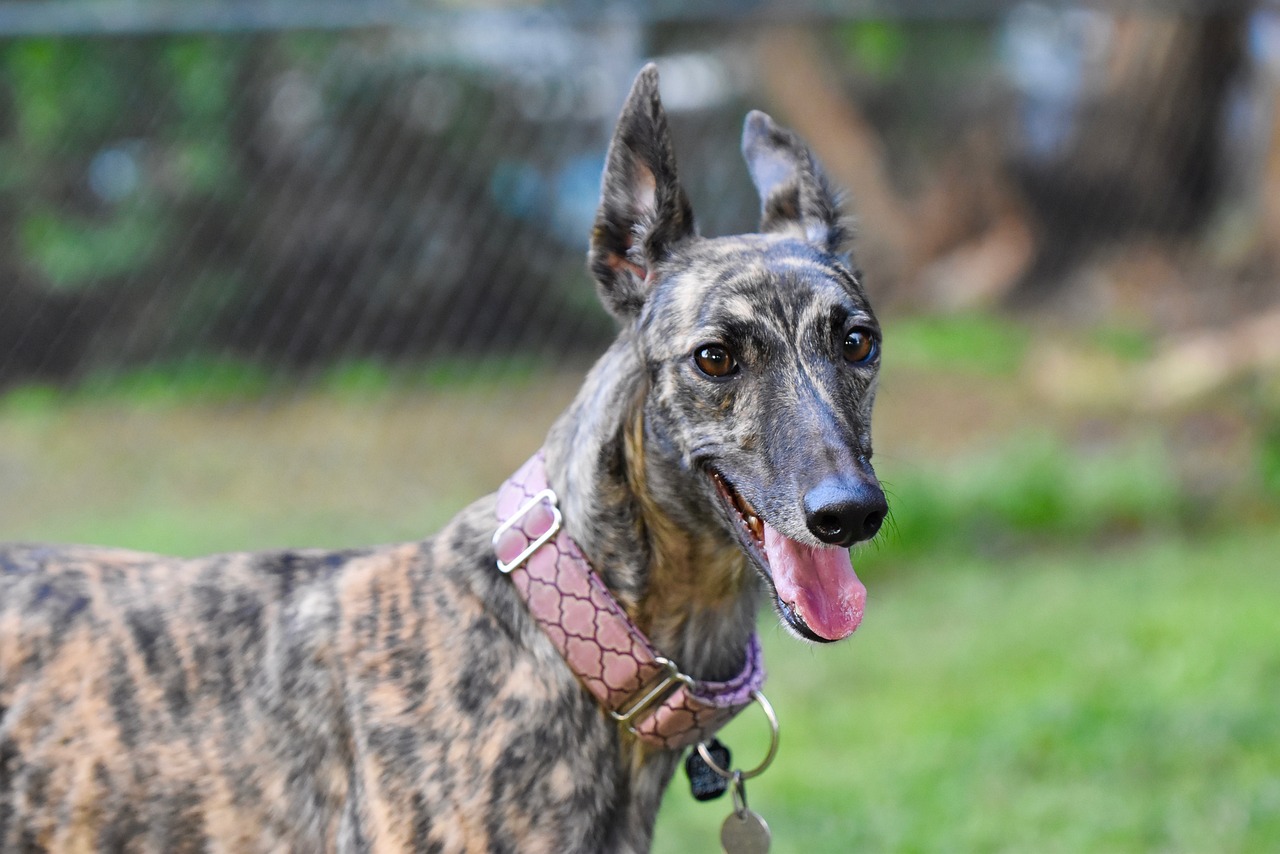 Shutterstock
Shutterstock
Greyhounds are known for their incredible speed and grace but are also surprisingly quiet dogs. They are often described as gentle and laid-back, preferring a peaceful nap to unnecessary noise. Greyhounds rarely bark and are generally very calm indoors, making them ideal companions for a quiet home. They do well in various living situations, from apartments to homes with yards, as long as they have a comfy resting spot. Despite their racing background, Greyhounds are often couch potatoes at heart. Their friendly and easy-going nature makes them suitable for families, singles, and seniors, providing quiet companionship without the constant noise.
Shiba Inu
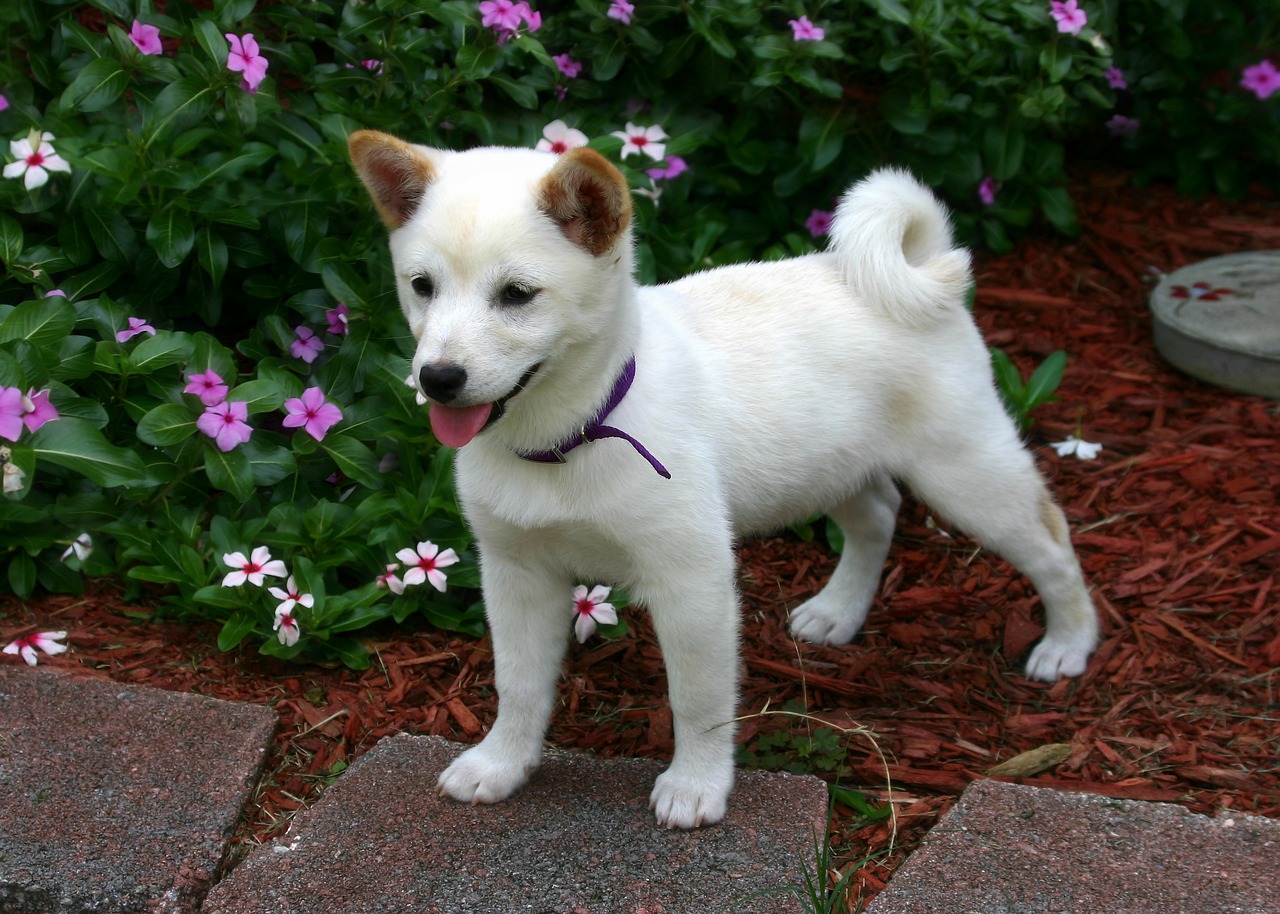 Shutterstock
Shutterstock
The Shiba Inu, a small but spirited breed from Japan, is known for its fox-like appearance and bold personality. Despite their strong will and independent nature, Shibas are not excessive barkers. They tend to be reserved and may only bark when necessary, making them a relatively quiet breed. Shibas are clean and self-sufficient, often grooming themselves like cats. Their loyalty and affection towards their family are strong, although they show it dignified and understatedly. For those looking for a small dog with a quiet demeanor, the Shiba Inu offers a blend of independence, loyalty, and tranquility.
Whippet
 Shutterstock
Shutterstock
Whippets, closely related to Greyhounds, share many of the same quiet qualities. They are gentle and rarely bark, preferring a peaceful environment. Whippets are affectionate with their families and get along well with children and other pets. They have a friendly and loving nature and need regular exercise to burn off their energy. Whippets are calm and can often be curled up in a cozy spot. Their quiet, gentle demeanor and minimal grooming requirements make Whippets a perfect pet for those seeking a low-maintenance, serene canine companion.
Cavalier King Charles Spaniel
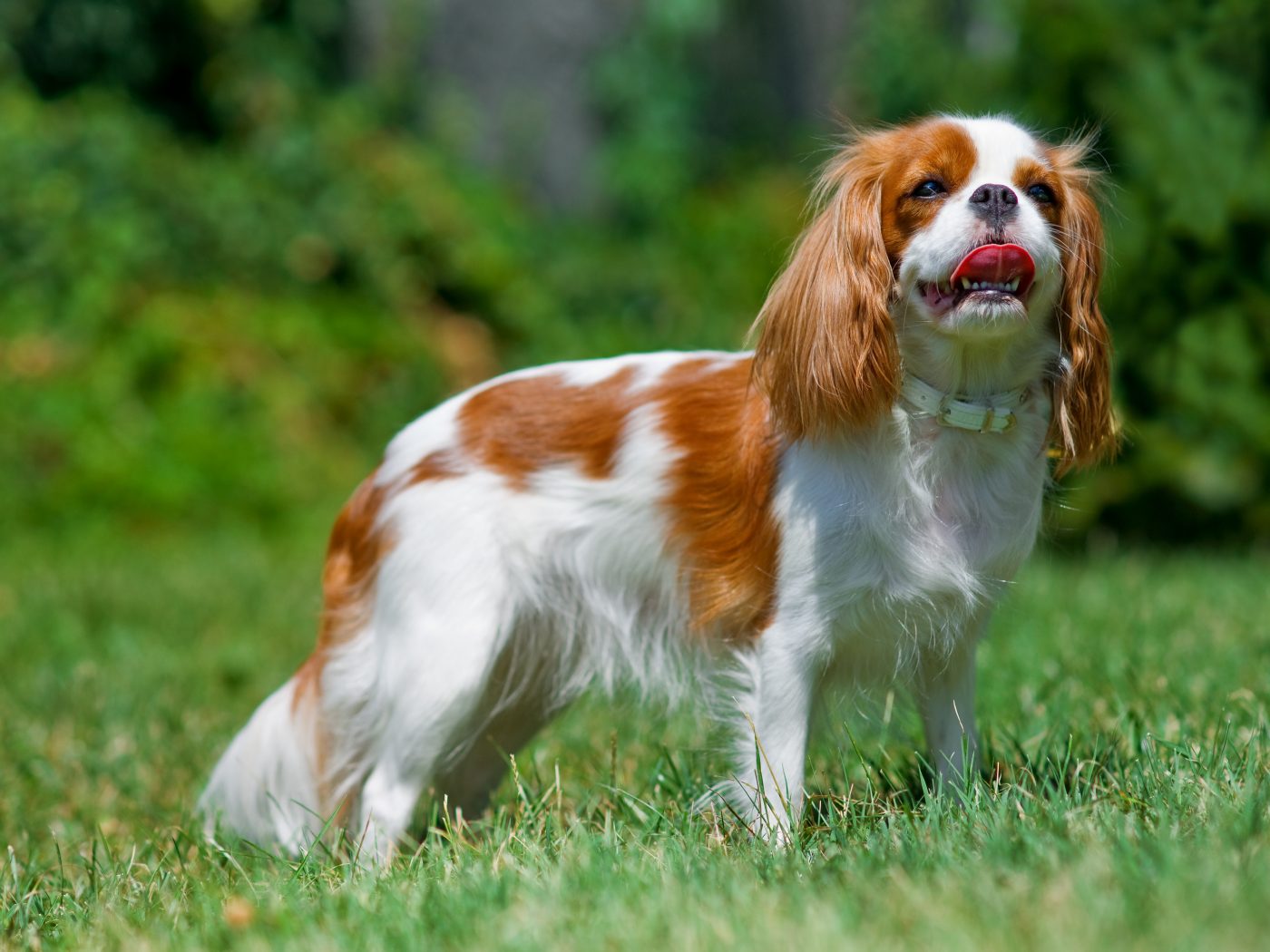 Shutterstock
Shutterstock
The Cavalier King Charles Spaniel is known for its sweet and gentle disposition, making it one of the most beloved small breeds. Cavaliers are not prone to unnecessary barking and typically only speak up to alert their families of a visitor or unusual event. They thrive on human companionship, showing affection and loyalty to their owners. Their adaptable nature means they are just as happy living in a city apartment as in a country home as they are with their beloved humans. For those seeking a quiet, affectionate, and adaptable pet, the Cavalier King Charles Spaniel is an excellent choice.
Scottish Deerhound
 Shutterstock
Shutterstock
The Scottish Deerhound, a large and noble breed, is known for its dignified and gentle temperament. Deerhounds are quiet and reserved despite their size, rarely using their bark. They are friendly and easy-going, making them great companions for families and individuals. Scottish Deerhounds require regular exercise to maintain their health and happiness but are content to relax quietly at home once they’ve had their fill of activity. Their calm and composed nature extends to their vocalizations, making them an ideal choice for those seeking a large yet quiet breed.
Borzoi
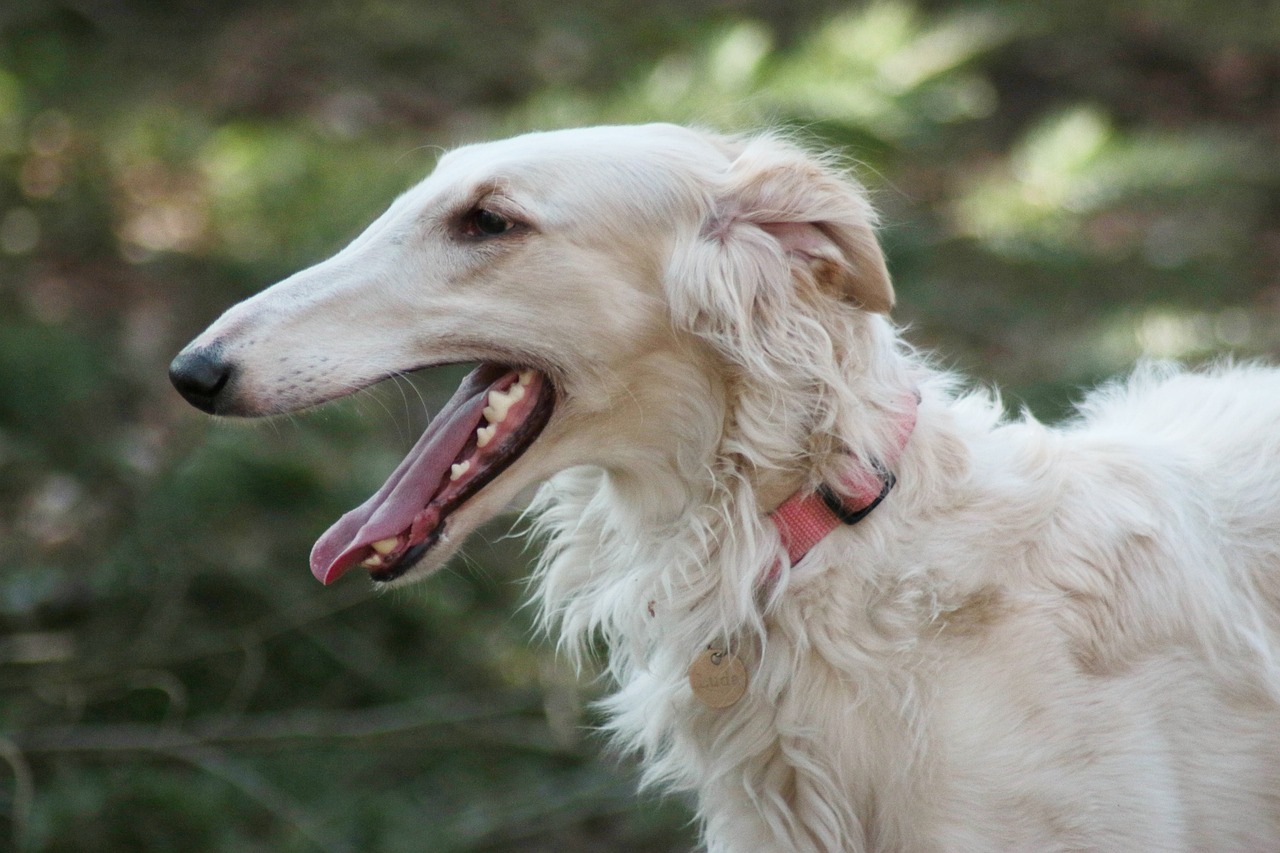 Shutterstock
Shutterstock
The Borzoi, another sighthound, is known for its elegance and quiet nature. These dogs rarely bark, preferring to observe their surroundings in silence. Borzois are affectionate with their families but can be reserved with strangers, contributing to their quiet demeanor. They require regular exercise to satisfy their high energy levels but are calm and serene indoors. Borzois are independent and can be seen as aloof, but they form deep bonds with their owners. Their quiet, gentle presence makes them a perfect companion for those looking for a majestic and tranquil dog breed.
The Silent Sidekicks
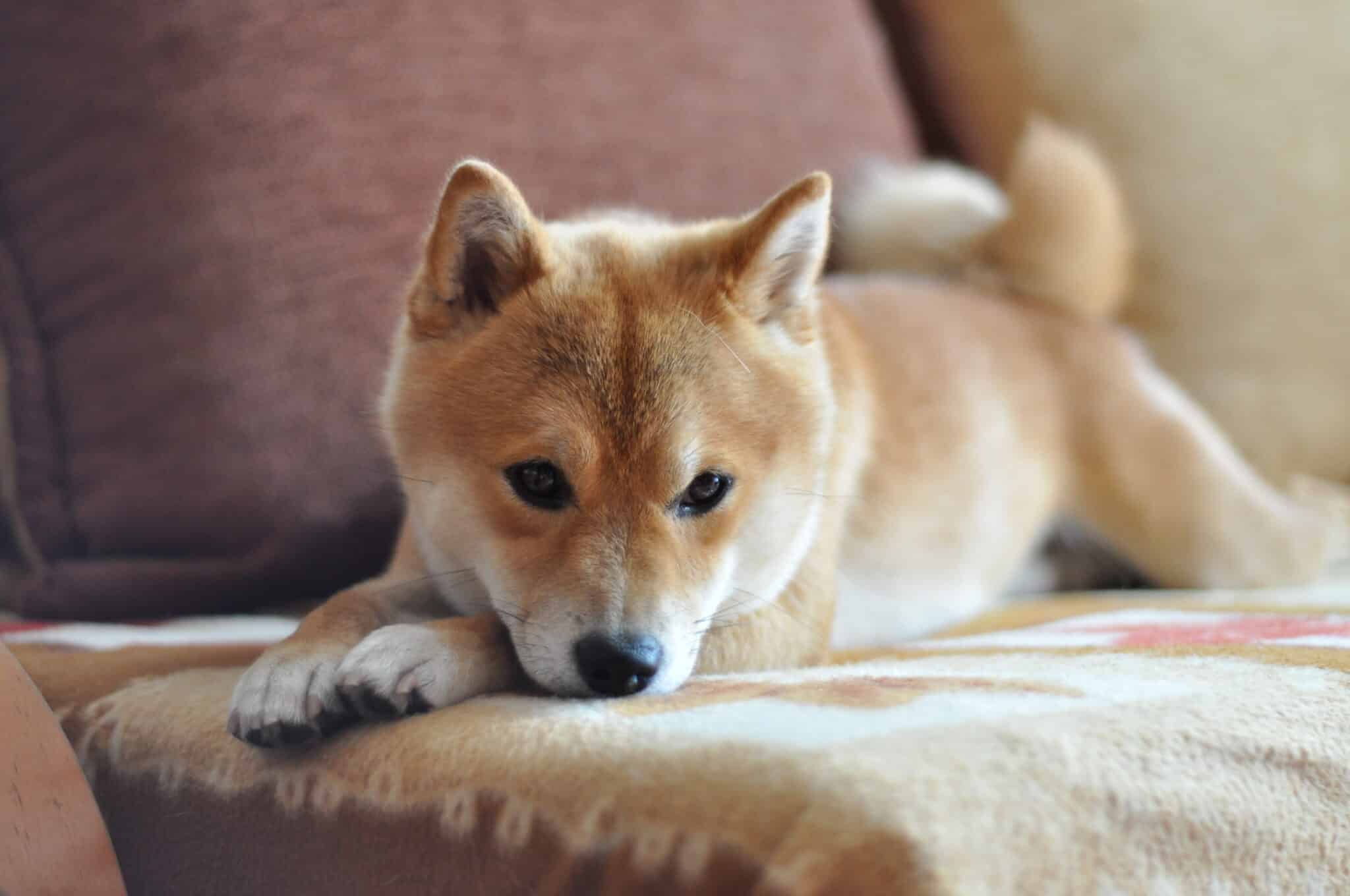 Shutterstock
Shutterstock
While barking is a natural behavior for dogs, several breeds offer the peace many households desire. From the small and dignified Shiba Inu to the large and gentle Scottish Deerhound, there is a quiet breed to suit almost every preference and lifestyle. These breeds prove that dogs can provide companionship, love, and joy without the constant soundtrack of barking. Choosing one of these breeds can lead to a harmonious relationship between pet and owner, enriching the lives of all involved with their quiet yet profound presence.
 Toledo, United States.
Toledo, United States.
